
Pharmacists and pharmacy technicians are perfectly positioned to help manage patients' transitions of care, according to experts with University of Michigan Health.

Pharmacists and pharmacy technicians are perfectly positioned to help manage patients' transitions of care, according to experts with University of Michigan Health.
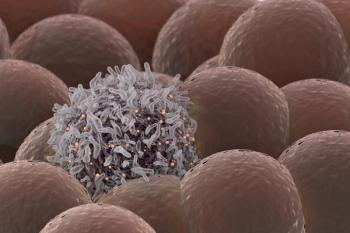
Despite a clear trend toward improvement among patients with tumors expressing programmed death-ligand 1, the trial did not meet its primary endpoints.

Heparin, a blood thinner given regularly at a low dose to hospitalized patients, helps to stop clots from forming and reduces inflammation.

Because of its rapid emergence during the COVID-19 pandemic, experts have had to make quick decisions regarding treatment of multisystem inflammatory syndrome with no evidence base and little understanding of its pathophysiological characteristics.

Pharmacy Times interviewed Craig Freyer, PharmD, BCOP, and Andrew Lin, PharmD, BCOP, to discuss their presentation at the recent ATOPP 2021 summit on re-examining the why, who, and where of CAR T therapy.
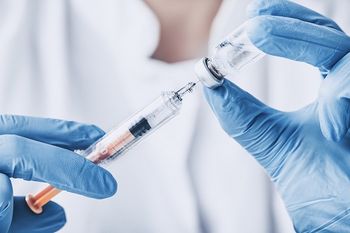
The companies completed the rolling submission of their application in May 2021, and the Prescription Drug User Fee Act goal date for a decision is in January 2022.

Since pharmacy is a service business, the required process of communicating and educating customers, working closely with physicians, and navigating relief programs can help patients customers address the problems and stress of receiving a denial by their insurance company.

Pamela Spicer, senior analyst at Datamonitor with Informa Pharma Intelligence, said there are no other currently available treatments for Alzheimer disease that get to the root of the condition.

A multidisciplinary team of health care professionals, including pharmacists, can work together to treat patients with the bleeding disorder.

Adults unsure about receiving the COVID-19 vaccine who were given more information about the vaccine’s efficacy scored 20% higher on a measure of willingness to be vaccinated versus others who received no information.
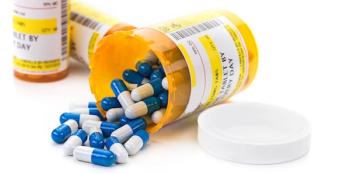
A variety of methods can be used to create an individualized approach to removing barriers for patients with cancer.
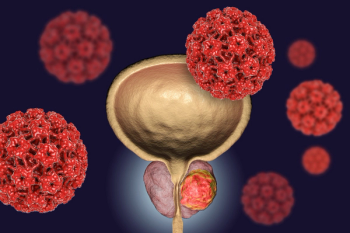
Men with low-risk prostate cancer on active surveillance report fewer problems with sexual function than those on other treatments.

Approved agents target calcitonin gene-related peptides to bring pain relief to affected patients.

The objective of the study was to design and implement a useful tool to record ambulatory metrics that is reportable and can be easily integrated into the clinical workflow.

The American Society of Health-System Pharmacists’ (ASHP) first annual survey of health-system specialty pharmacies (HSSPs) offered insights into the concerns of specialty pharmacists and provided an opportunity for professionals in the field to outline a potential future for specialty pharmacy.

Pamela Spicer, senior analyst with Datamonitor Healthcare, said aducanumab is a once-monthly infusion with a 6-month titration schedule.

Individuals with COVID-19 who had not had a flu shot were up to 20% more likely to be admitted to the ICU and were up to 58% more likely to visit the emergency department.

White continued to discuss how being self-aware, using the right language, modeling behaviors that support belonging, and fostering an environment with psychological safety is the goal as a a health care provider.

In an interview with Pharmacy Times®and Directions in Oncology Pharmacy®, Chad Hatfield, PharmD, MHA, BCPS, chief pharmacy officer at UC Davis Medical Center, discussed how data analytics are used in oncology pharmacy practice.
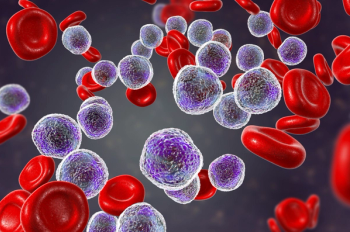
Brexucabtagene autoleucel (Tecartus, Kite Pharma) is a cell-based gene therapy for the treatment of adult patients with mantle cell lymphoma who have not responded to or who have relapsed following other treatments.
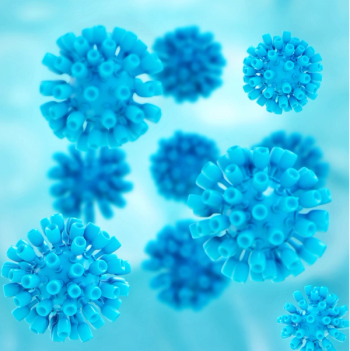
A huge cost savings could be generated with the success of a hepatitis C vaccine.

In one program, hospital pharmacists received alerts whenever an antiretroviral was prescribed in the emergency department, enabling prompt action.

The FDA has granted enfortumab vedotin-ejfv both a regular approval and a new indication expansion for the treatment of adult patients with locally advanced or metastatic urothelial cancer who are ineligible for cisplatin-containing chemotherapy and have previously received 1 or more prior lines of therapy.

Specialty pharmacists have the expertise and respect necessary to change the health care system while listening to patients’ needs and guiding them through difficult experiences.
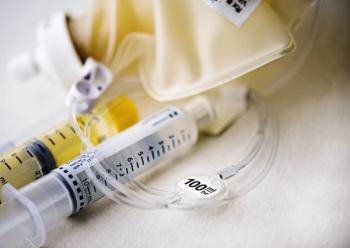
The trial has successfully enrolled 17 patients with clear cell renal cell carcinoma and has reported that the drug is well tolerated at doses of up to 525 mg weekly.

Vaccinated individuals overall had large amounts of antibodies present compared to infected individuals, suggesting that vaccination both protects against becoming infected and reduces the likelihood of transmitting the virus to others.

The study analyzed nearly 4000 patients with these pathologies and 30,000 control individuals, examining the neurobiological basis for aggressive behavior.
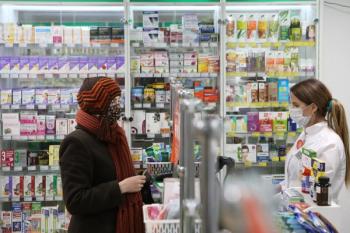
In an interview with Pharmacy Times, Chris Zaleski, PharmD, RPh, said pharmacy technicians are essential pharmacy team members to prevent dispensing errors and enhance patient care.
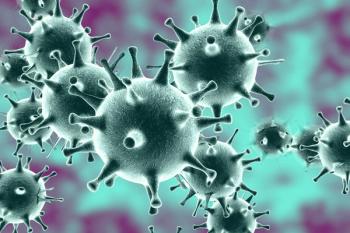
Because viral clearance is compromised if HIV is allowed to replicate for an extended period of time—resulting in extensive damage to the immune system—controlling HIV with antiretroviral therapy may be critical to preventing this type of viral evolution in SARS-CoV-2 in patients with advanced HIV.

Despite the encouraging progression-free survival findings, data on overall survival resulted in a partial clinical hold instituted by the FDA.